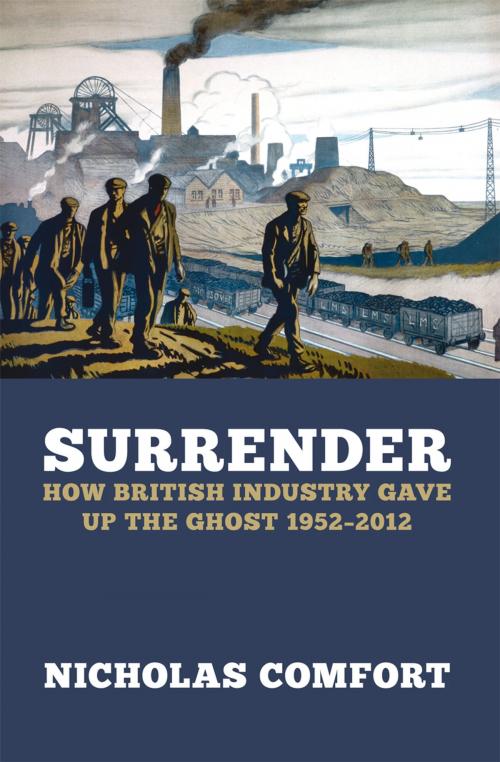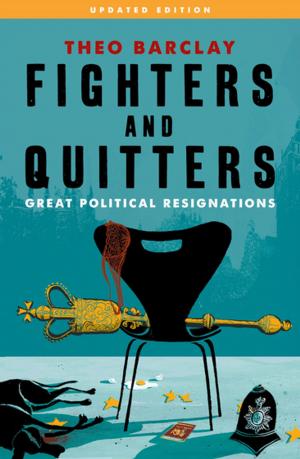Surrender
How British industry gave up the ghost 1952-2012
Business & Finance, Industries & Professions, Industries, Nonfiction, Social & Cultural Studies, Political Science| Author: | Nicholas Comfort | ISBN: | 9781849543163 |
| Publisher: | Biteback Publishing | Publication: | February 23, 2012 |
| Imprint: | Biteback Publishing | Language: | English |
| Author: | Nicholas Comfort |
| ISBN: | 9781849543163 |
| Publisher: | Biteback Publishing |
| Publication: | February 23, 2012 |
| Imprint: | Biteback Publishing |
| Language: | English |
British industry at the start of the New Elizabethan Age was a world leader. The first - British - jet airliner was taking to the skies, the first nuclear power station was under construction at Calder Hall and British firms were pioneering the computer. Our shipyards reigned almost supreme, and from Britain's factories came cars, lorries, buses, heavy machinery, aircraft and locomotives, exported all over the world. Sixty years on, many of these industries and millions of jobs have disappeared, while competitors have flourished. Much of what remains is under foreign ownership. Britain has lost many export markets, and essential goods have to be imported. How did all this happen? Britain's loss of competitiveness has traditionally been blamed on outdated working practices, failure to invest and modernise, poor management, bloody-minded unions, the loss of Empire and the ability of post-war Germany and Japan to rebuild from scratch. All this is true, but the picture is far more complex. The role of Whitehall and successive governments, Britain's relationship with Europe, corporate greed, misjudgement and even suicide, and sheer bad luck all play a part. In Surrender, Nicholas Comfort revisits the past six decades and identifies some of the factors behind the greatest mass extinction since the dinosaurs.
British industry at the start of the New Elizabethan Age was a world leader. The first - British - jet airliner was taking to the skies, the first nuclear power station was under construction at Calder Hall and British firms were pioneering the computer. Our shipyards reigned almost supreme, and from Britain's factories came cars, lorries, buses, heavy machinery, aircraft and locomotives, exported all over the world. Sixty years on, many of these industries and millions of jobs have disappeared, while competitors have flourished. Much of what remains is under foreign ownership. Britain has lost many export markets, and essential goods have to be imported. How did all this happen? Britain's loss of competitiveness has traditionally been blamed on outdated working practices, failure to invest and modernise, poor management, bloody-minded unions, the loss of Empire and the ability of post-war Germany and Japan to rebuild from scratch. All this is true, but the picture is far more complex. The role of Whitehall and successive governments, Britain's relationship with Europe, corporate greed, misjudgement and even suicide, and sheer bad luck all play a part. In Surrender, Nicholas Comfort revisits the past six decades and identifies some of the factors behind the greatest mass extinction since the dinosaurs.















